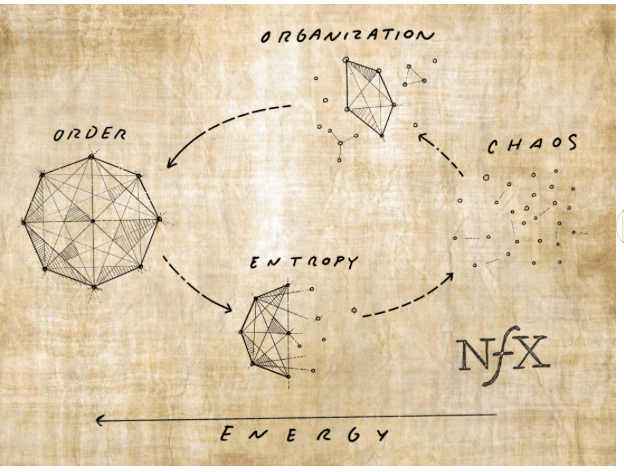### Understanding APR: What Does APR Mean for a Loan?
Guide or Summary:What Does APR Mean for a Loan?The Importance of Knowing APRHow APR is CalculatedFixed vs. Variable APRAPR and Your Credit ScoreWhat Does AP……
Guide or Summary:
- What Does APR Mean for a Loan?
- The Importance of Knowing APR
- How APR is Calculated
- Fixed vs. Variable APR
- APR and Your Credit Score
What Does APR Mean for a Loan?
When considering a loan, one of the most critical factors to understand is the Annual Percentage Rate (APR). But what does APR mean for a loan? In simple terms, APR is a measure that reflects the total cost of borrowing on an annual basis. It includes not only the interest rate on the loan but also any additional fees or costs associated with obtaining the loan. This makes it a more comprehensive representation of what you will pay over the life of the loan compared to the interest rate alone.

The Importance of Knowing APR
Understanding the APR is essential for borrowers as it allows them to compare different loan offers effectively. For instance, two loans may have the same nominal interest rate, but if one has a higher APR due to additional fees, it will ultimately cost more over time. This is particularly important for personal loans, mortgages, and credit cards, where the APR can significantly impact your overall financial health.
How APR is Calculated
The calculation of APR can be somewhat complex. It takes into account the interest rate, the loan amount, the term of the loan, and any associated fees. The formula essentially converts the total cost of the loan into an annual rate, which enables borrowers to see the true cost of borrowing. For example, if you take out a loan of $10,000 with a nominal interest rate of 5% for five years, but there are $500 in fees, the APR will be higher than 5% because it includes those fees in the total cost of the loan.

Fixed vs. Variable APR
Another important aspect of APR is whether it is fixed or variable. A fixed APR means that the interest rate remains the same throughout the life of the loan, providing predictability in monthly payments. Conversely, a variable APR can fluctuate based on market conditions, which can lead to changes in your monthly payment amount. Understanding whether your loan has a fixed or variable APR is crucial for financial planning and budgeting.
APR and Your Credit Score
Your credit score can also influence the APR you are offered. Generally, borrowers with higher credit scores are eligible for lower APRs because they are seen as less risky to lenders. This is why it’s important to maintain a good credit score if you plan to take out a loan. A lower APR can save you significant amounts of money over the life of the loan, making it essential to understand how your credit score affects your borrowing costs.

In summary, understanding what APR means for a loan is vital for any borrower. It provides a clearer picture of the total cost of borrowing and allows for better comparisons between different loan options. By considering factors like fixed versus variable APR and the impact of your credit score, you can make more informed decisions that align with your financial goals. Always take the time to read the fine print and ask questions to ensure you fully understand the terms of any loan you are considering.